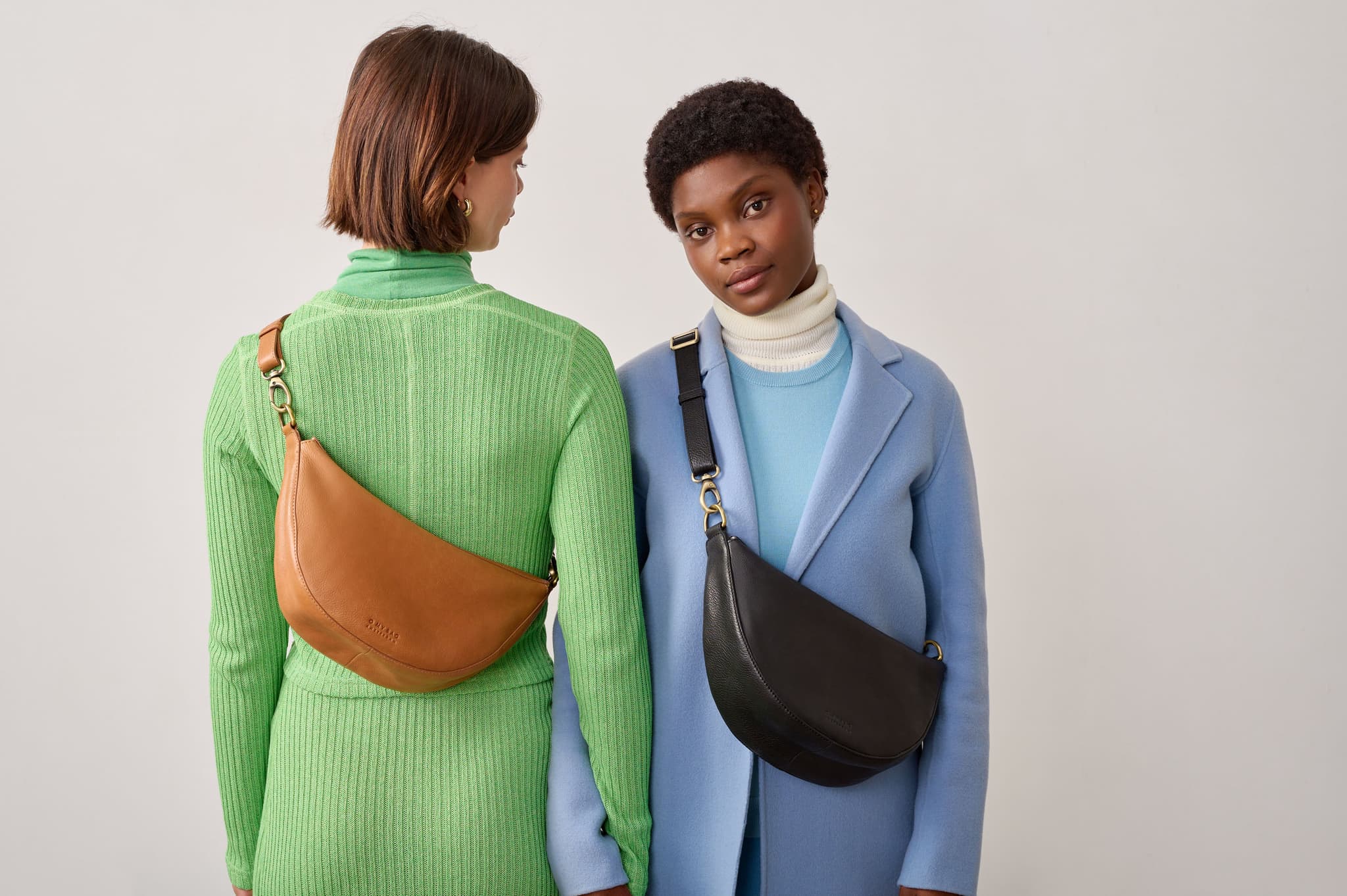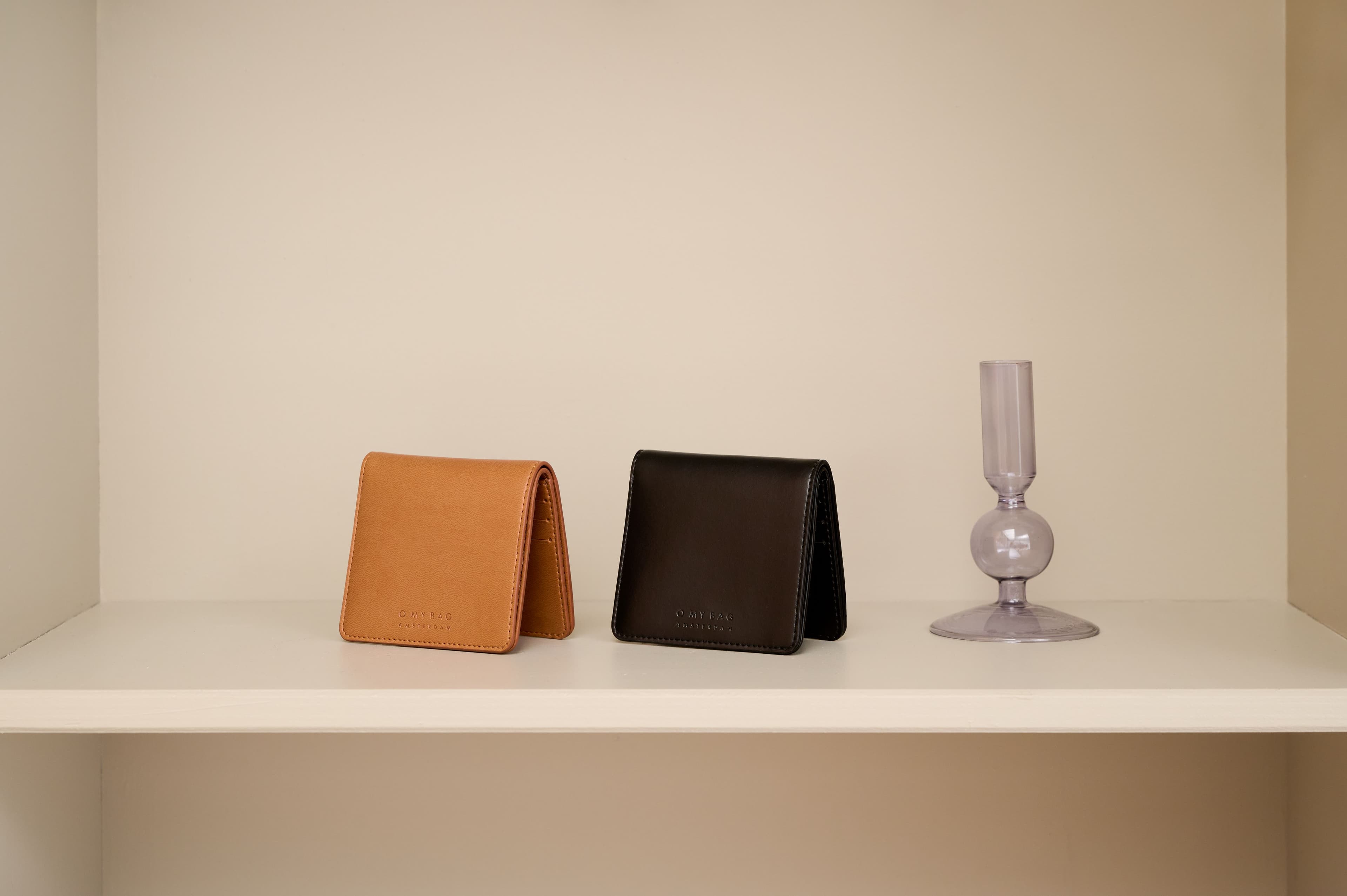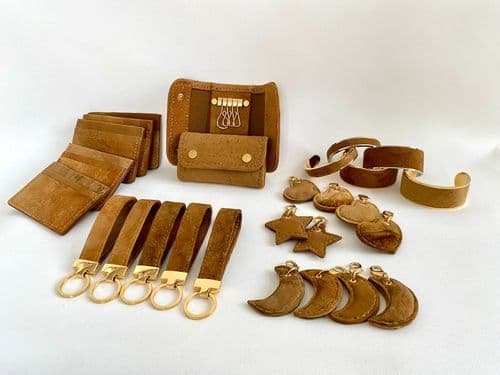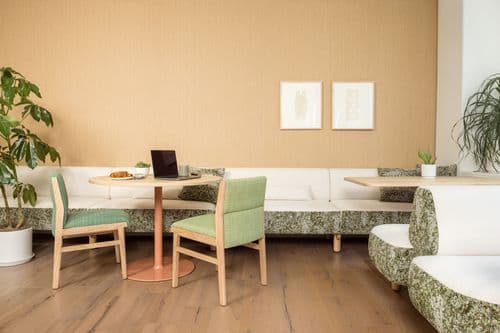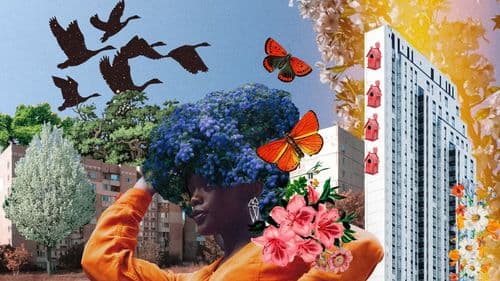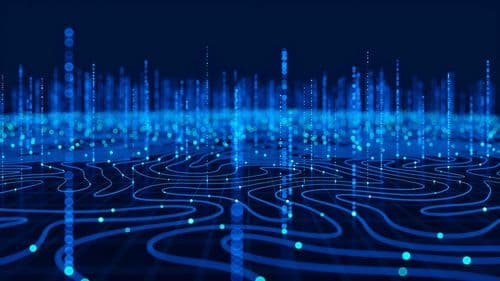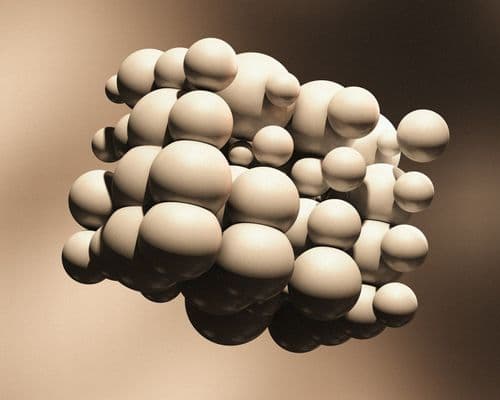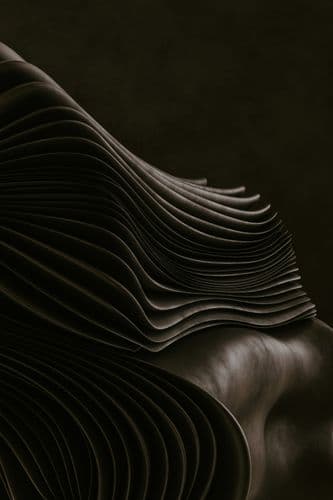What trends or shifts have you observed in consumer preferences or industry dynamics that impact the choices O My Bag makes in its sustainable approach to leather goods?
O My Bag was founded in 2011 with the purpose of making a positive difference. We produce environmentally friendly bags and accessories in Kolkata, India. By doing that, we connect producers in small-scale communities to the global market, thereby creating more jobs, better jobs, higher incomes, and more opportunities for women in India. We’ve been doing this since the start in 2011, so this has always been our mission and story.
When compared to 2011, we see some changes in customer preferences that we have adapted to. For example, the average customer is more aware of the story behind the products they buy. A few years back, we could say we ensured fair jobs; nowadays, we need to elaborate more on what that means exactly. We appreciate this very much!
In terms of bags specifically, we’ve seen the demand for smaller bags grow. Today, people don’t carry that much - a smartphone and a few cards - so we adjusted our offering to that.
Also, secondhand shopping has become more mainstream. This is great for us, since leather is a material that is perfectly suitable to pass on to the next generation. We’ve had a secondhand collection for years already, and it's been very successful because people love the vintage look that leather gets after a few years of usage.
Lastly, more and more customers are shifting to a vegan lifestyle. We want to be an innovative and inclusive brand, so we also accommodate customers who don’t want to wear or buy animal products. For that reason, we introduced a vegan collection in 2021.
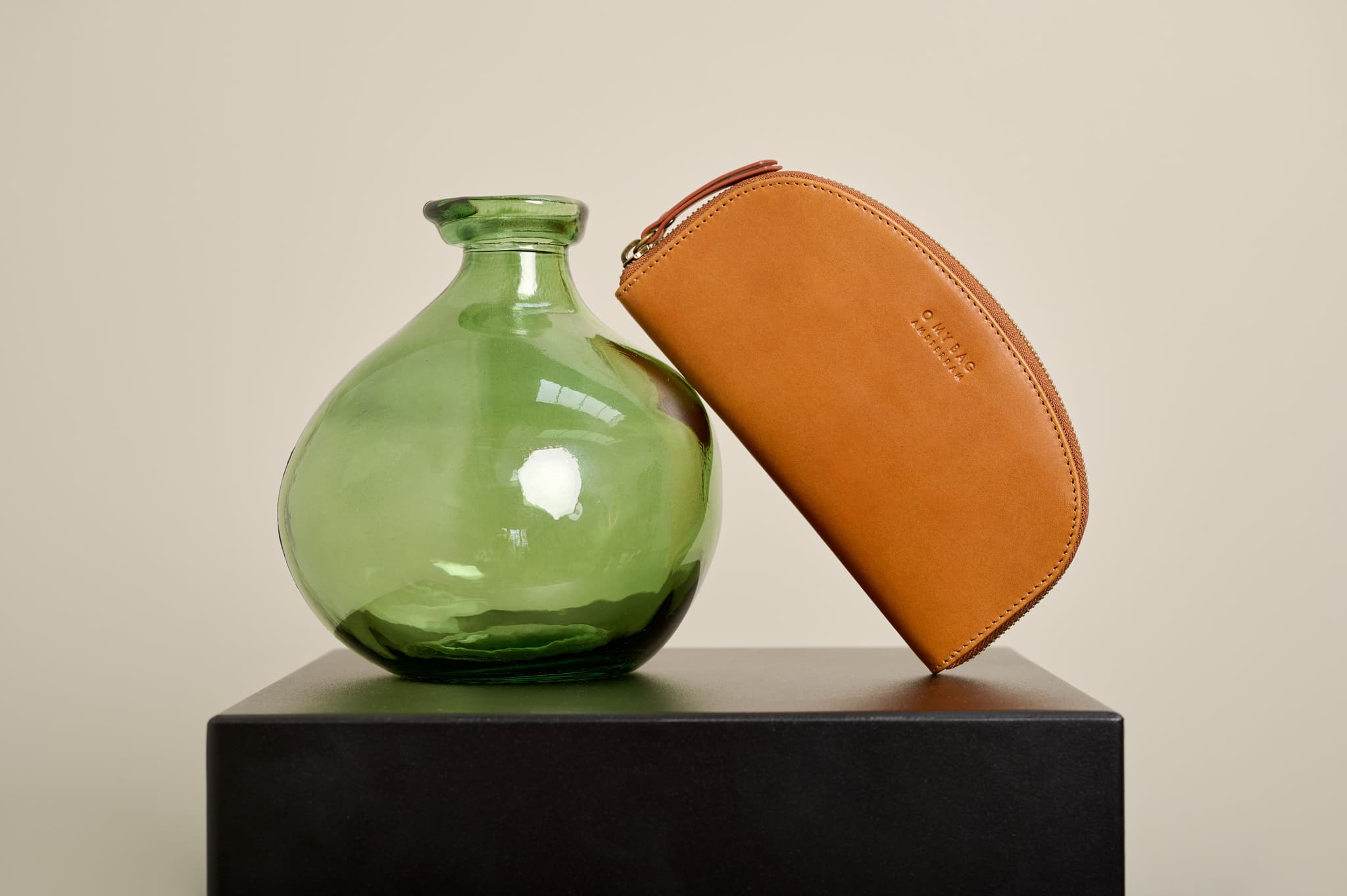
Could you elaborate on how the choice of naturally tanned leather and AppleSkin™ aligns with the brand's ethos?
O My Bag’s story is about making a positive difference in the world. While we’re people-focused, this also means that we cannot overlook the importance of reducing our environmental footprint. We believe that one of the most responsible things we can do for our planet is to only make high-quality products that can be worn, used for years, and passed on to multiple generations.
Naturally tanned leather is a material that perfectly matches this vision because it has unmatched durability and even becomes more beautiful over time. Our leathers are chrome-free, fully traceable, and LWG-certified, meaning they adhere to the highest environmental standards. With our Care & Repair, lifelong guarantee, and secondhand program, we do everything in our power to ensure an O My Bag will never go to a landfill.
At the same time, we aim to be an innovative and inclusive brand. Knowing that more and more people don’t want to wear or buy animal products, and seeing developments in this segment speeding up rapidly, we added a vegan alternative to leather to our collection in 2021.
It wasn’t easy to find a material that could compete with our real leather regarding durability, aesthetics, and high sustainability standards. Our real leathers are known for their quality, thickness, and natural aging process. It was important for us to find a leather alternative that also had these similar qualities. We evaluated different materials, such as pineapple and cactus leathers; however, AppleSkin was the superior option for O My Bag. Not only does it have a beautiful look and feel, but it also becomes slightly darker and develops a light patina over time, just like our real leather.
As for the look and feel, the sustainability of a vegan alternative played a big part in the consideration. Apple leather consists of up to 40% residual apple waste from skins, stems, and fibers from the Italian fruit and juicing industry. So instead of being fully PU-based (like many vegan alternatives to leather, unfortunately), AppleSkin uses “waste” to create something new. This inherently has large environmental savings in resource consumption, land use, and energy in comparison to creating or harvesting virgin material.
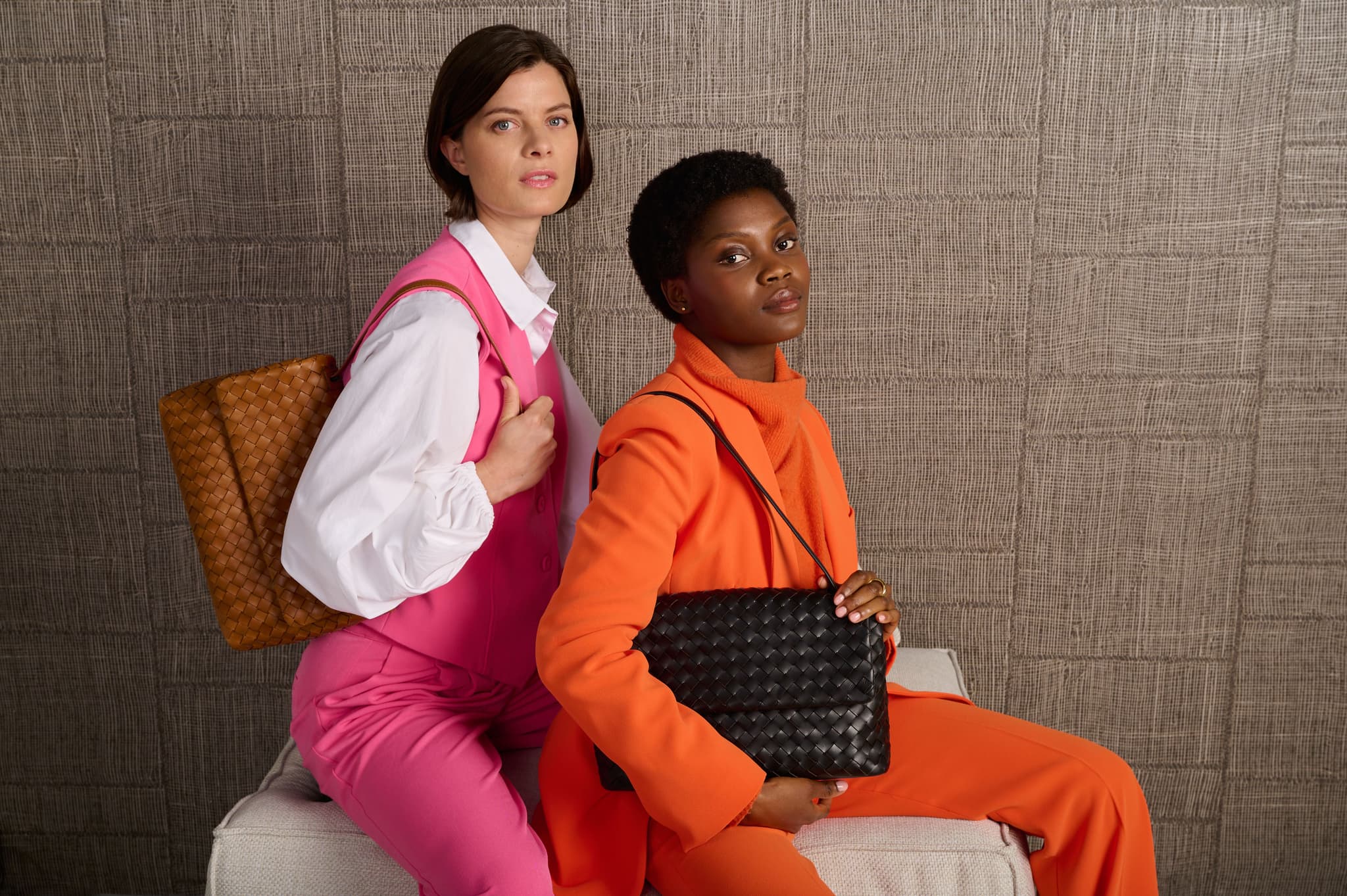
Beyond leather, O My Bag incorporates organic and recycled cotton. How does the brand ensure traceability and ethical sourcing of cotton, especially from Dibella India?
Since our signature striped lining is inside every O My Bag, we can safely say cotton is our second most important material. Like our bag manufacturers and tanneries, we also have a strict set of requirements for our cotton fabric supplier. They need to be certified, share our mission, be transparent about their sourcing, and communicate well. Dibella India checks all those boxes.
One of the things we recently did to ensure traceability and ethical sourcing of our cotton fabric was a field trip to the south of India, where Dibella has its operations. During this trip, we visited the GRS-certified spinning mill in Erode, saw the yarn dying facility in Tirupur, saw the weaving of our lining at the weaving factory in Salem, and paid a visit to Elastic India in Erode, where our organic certified webbing straps are made. Besides having such a close working relationship with Dibella, we also request the mills’ certificates and corresponding transaction documents with every order.
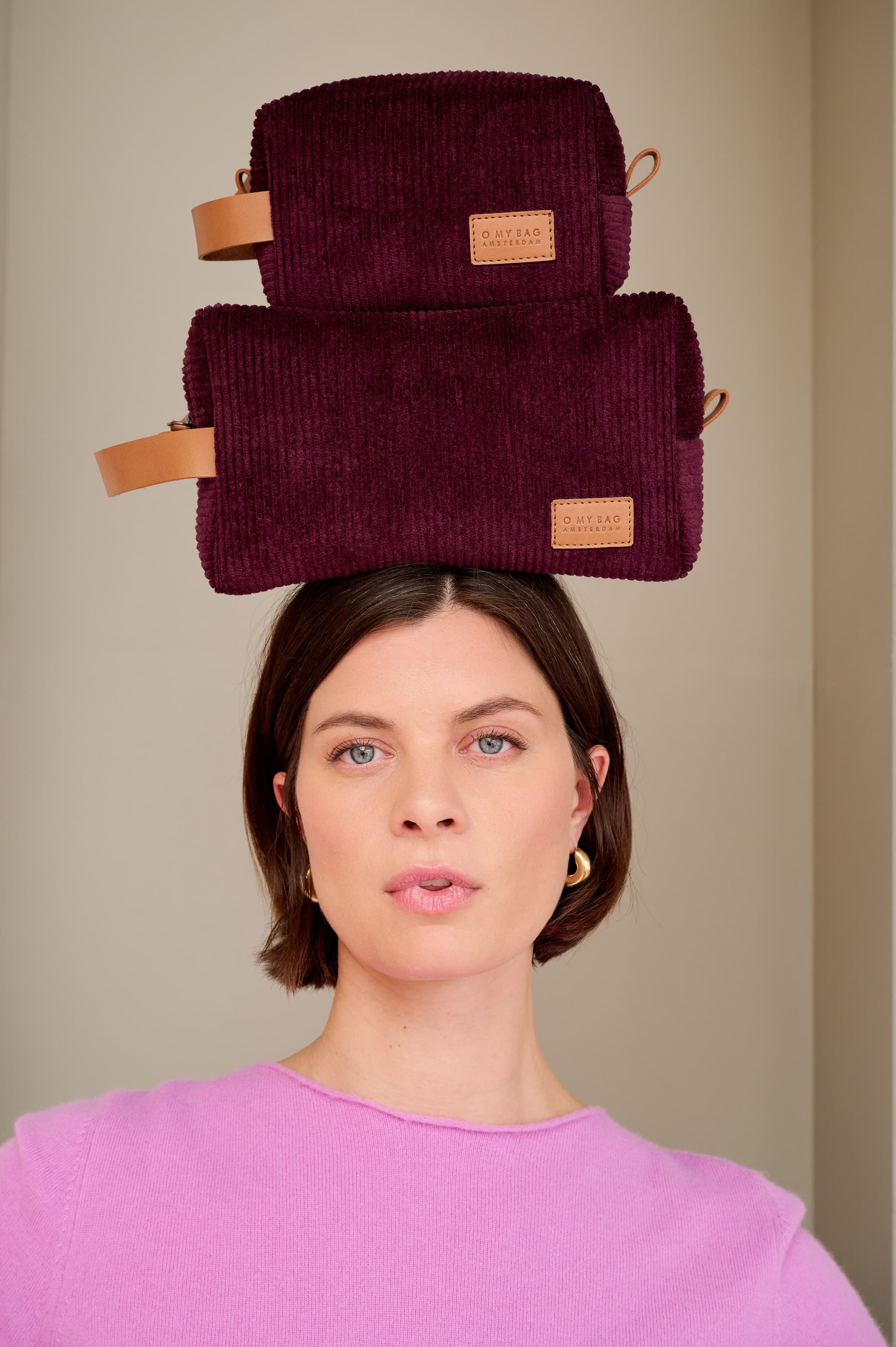
Could you elaborate on the brand's initiatives focused on skill-building, gender equality, and social projects in Kolkata, India?
Let’s start with our supply chain management. Fundamentally, we work along our so-called fair buying principles, which we have followed for many years now. Sustainability and good working conditions are never a one-way street. It’s easy to neglect your responsibility as a brand and fully shift that to the producer. However, we believe brands have a critical role to play. Therefore, we commit ourselves in our Code of Conduct to realistic lead times, not pushing for the lowest price possible, no sudden cancellations of orders, and honest communication. This is the basis.
On top of that, we work together with the factories to improve working conditions for everyone making our products. For example, we take responsibility for living wages by paying an additional premium to all workers every year. We also organize a worker survey, in which we ask for direct input from the workers on their job and how we, as O My Bag, can support the factories in improving their situation. Since India is a patriarchal society in which women often get fewer opportunities, we’re investing in raising gender awareness in our partner factories.
O My Bag has a formal commitment to donate 1% of its annual revenue to social impact projects in Kolkata. This way, we ensure that the success of our brand and our financial growth are directly linked to the positive impact we make in India. So, surrounding our supply chain and communities working there, we collaborate with local impact organizations on improving access to education for children, job opportunities for young women, and fair rights for the LHGBTQ+ community with our long-term partners, Kolkata Mary Ward Social Centre, Future Hope, and the Naz Foundation.
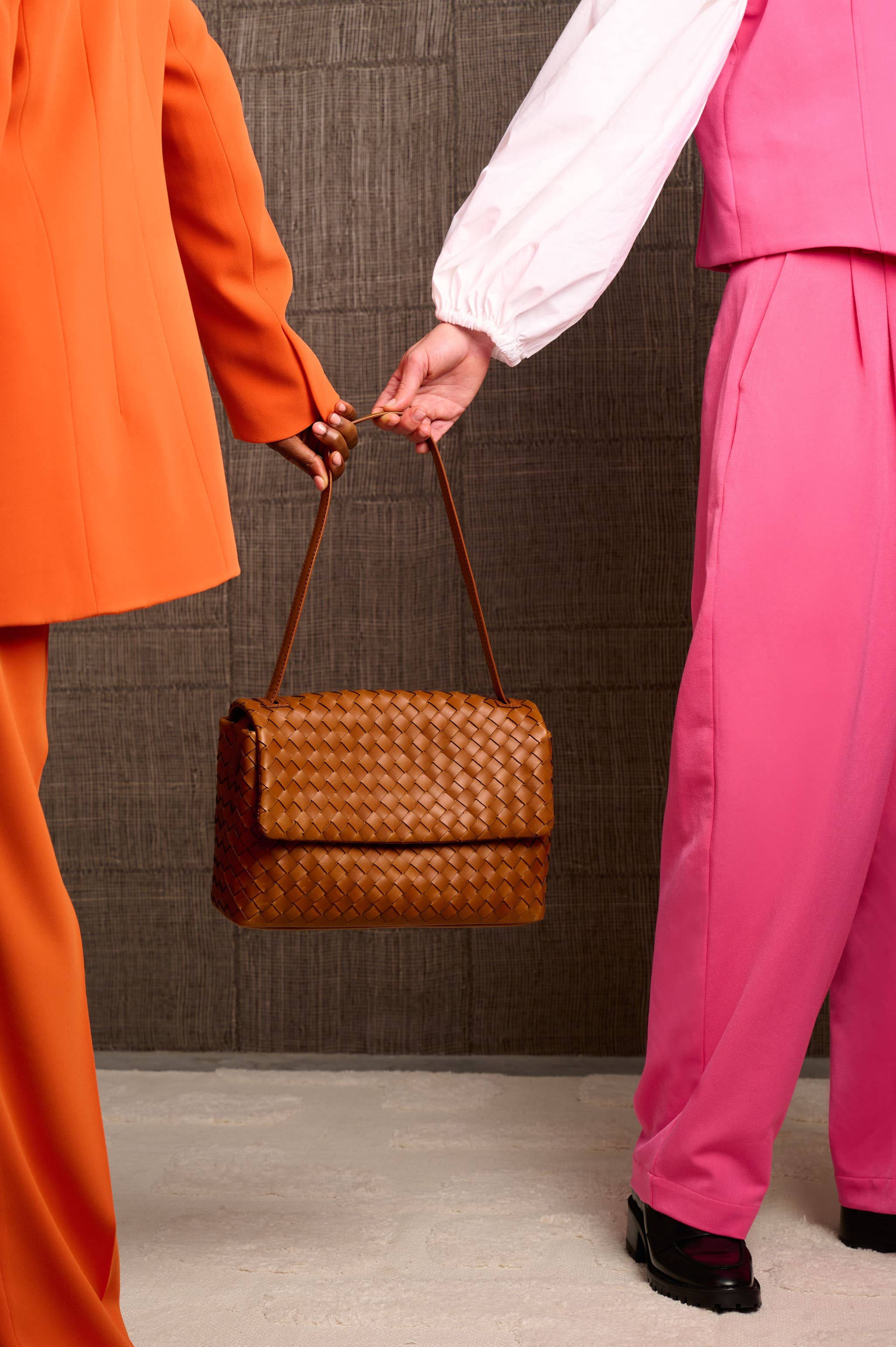
What are O My Bag's long-term goals or aspirations regarding sustainable materials, ethical practices, and community involvement?
We always want to improve our sustainable material use, so we’re keeping a close eye on developments in the market, and we’ll explore more vegan alternatives for leather. When it comes to cow leather, we’re researching new, more sustainable technologies for leather tanning. We aim to expand our secondhand program to become a more substantial part of our business. We want to raise awareness about the importance of the longevity of products and quality design, for example, by doing data-driven research on the durability of leather and how that relates to a high environmental impact in production.
Considering gender equality, we’re working on setting up a traineeship at one of our factories for women who want to get a promotion. We also want to upscale our living wages and achieve real bottom-up change by getting other brands on board with our project. And in 2024, up for our B Corp recertification, for which we of course hope to achieve a better score!
